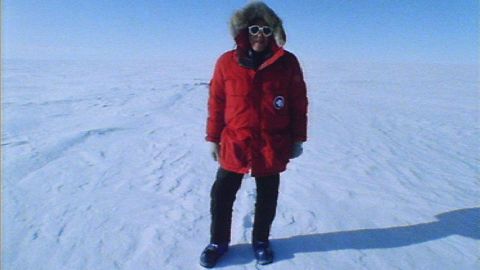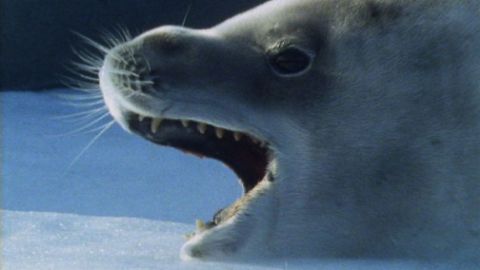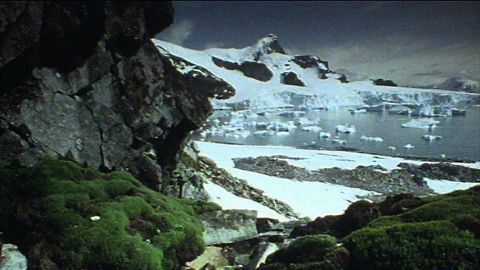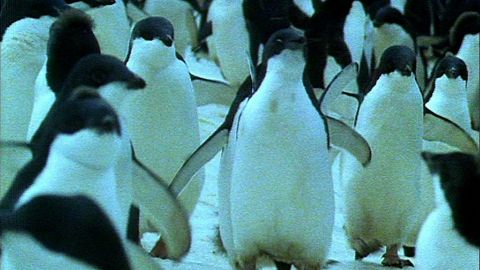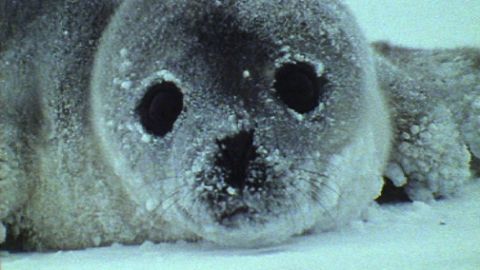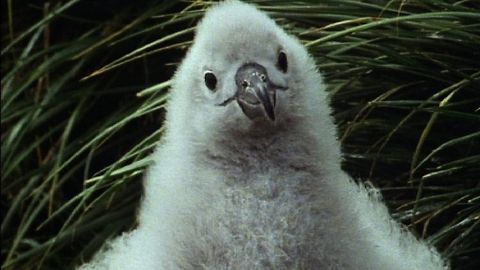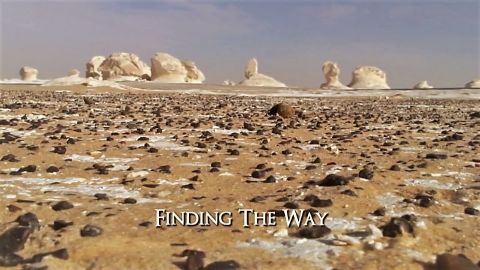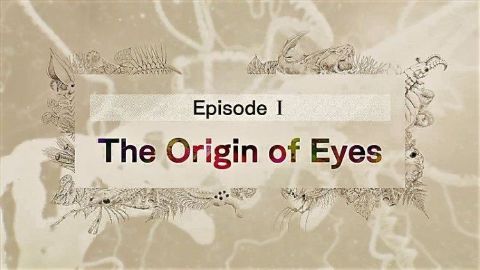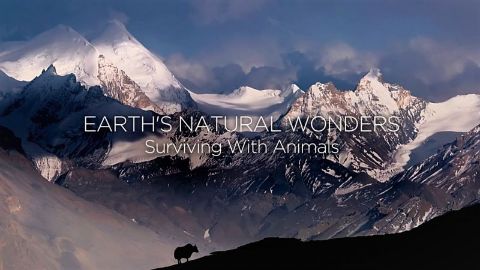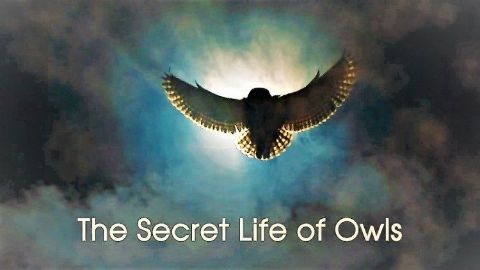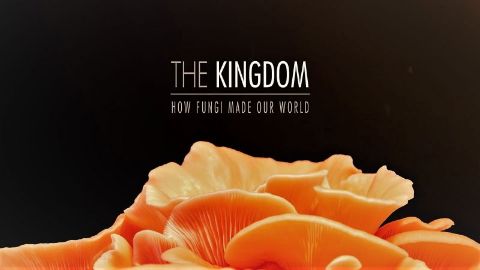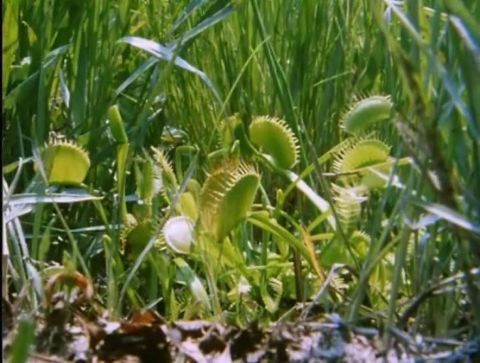Life in the Freezer • 2003 • 6 episodes •
The first episode introduces the viewers to the continent of Antarctica and the surrounding sea and islands, its glaciers and the icebergs that form from it. It describes how the continent changes throughout the seasons, as it effectively doubles in size in winter when the surrounding sea freezes over, "the greatest seasonal change that takes place on this planet".
2003 • Nature
Elephant seals are the first animals to return to the beaches of the subantarctic islands in spring, forming large breeding colonies, where the males fight fierce battles to gain and retain permanent access to a large number of females. They mate with the females as soon as they are receptive again. Millions of Macaroni Penguins form huge colonies on the islands to breed.
2003 • Nature
Almost all life in the region breeds in summer. A growing colony of fur seals on a beach in South Georgia resembles that of elephant seals shown in the previous episode. The pups grow fast on the rich, fatty milk provided by their mothers and double their weight in just sixty days. As the females become sexually available, the mating season begins and males try to claim territory and mate with females. Like elephant seals, fur seals fiercely attack all competitors.
2003 • Nature
This episode describes the migration of most animals northwards (some from the Antarctic continent, others from the few islands surrounding it) as the continent and surrounding sea freeze over at the end of summer. It shows how young penguins often fall prey to Leopard Seals as they try to make their way across the already partially frozen water and how their stripped remains become food for isopods and meter-long nemerteans (ribbon worms). Before going to the sea, however, the adult penguins must shed their coats (molting).
2003 • Nature
As almost all animal inhabitants of Antarctica are forced to migrate north, the sea underneath the frozen ice still provides a home to many specially adapted fish whose cells are protected from freezing through an "antifreeze" liquid. Many of them feed on the faeces of other animals. The most notable larger animal that does not migrate north is perhaps the Weddell Seal, which can be found as close as 1300 kilometres to the pole. Groups of seals tear holes into the ice to dive for food and come up to breathe. The females come back to the ice to give birth.
2003 • Nature
This episode discusses the human exploration of Antarctica, in particular the mission led by Captain Robert Falcon Scott, whose team died on the way back from the South Pole. It shows the scientific work in the modern human bases in Antarctica, especially Mawson Base and its observation of Adelie Penguins (partially through tracking devices).
2003 • Nature
